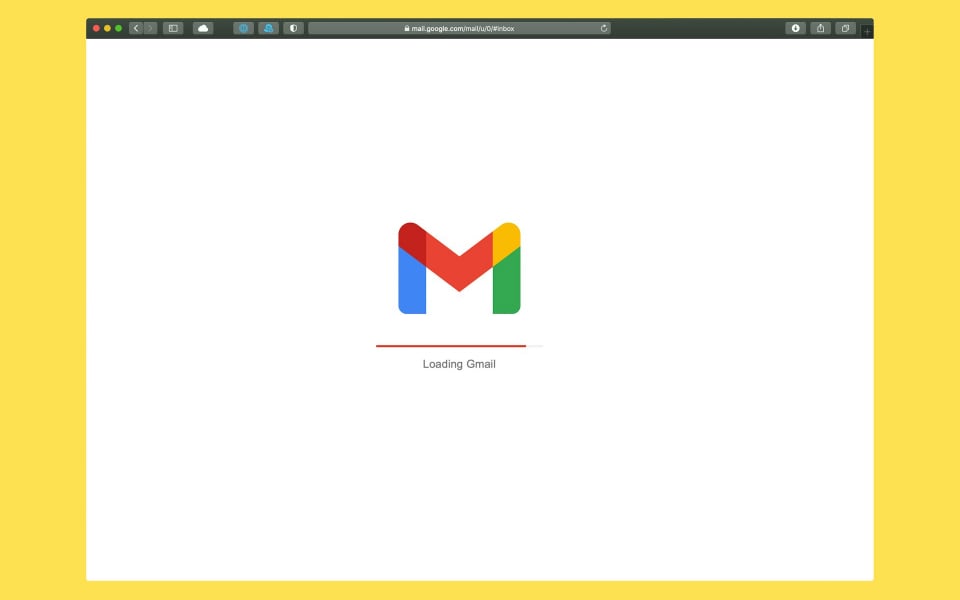On Monday, Google
What Happened: Gmail's launch was initially met with skepticism as Page and Brin were known for pulling pranks. So when they introduced Gmail on April Fool's Day, a free service offering 1 gigabyte of storage per account. it was initially passed off as another prank.
Gmail was a massive leap from the 30 to 60 emails that could be stored by other leading webmail services at the time. Gmail also incorporated Google's search technology, enabling users to swiftly retrieve information from old emails.
"That was part of the charm, making a product that people won't believe is real. It kind of changed people's perceptions about the kinds of applications that were possible within a web browser," former Google engineer Paul Buchheit recalled, according to APNews.
Gmail now boasts approximately 1.8 billion active accounts, each offering 15 gigabytes of free storage. The service has had a significant impact on the digital world, leading to the creation of Google Maps, Google Docs, and the acquisition of YouTube. Gmail also laid the groundwork for digital surveillance in the quest to sell more ads, a strategy that has become integral to Google's business model.
Why It Matters: Despite its initial limited capacity, Gmail quickly gained popularity due to its exclusivity, with invitations to open an account selling for $250 each on eBay. The service became available to all users in 2007, further solidifying its position in the digital landscape.
In 2024, Google began experimenting with AI enhancements to Gmail. This was followed by the introduction of free AI cyber tools for Gmail and Google Drive to combat online threats.















